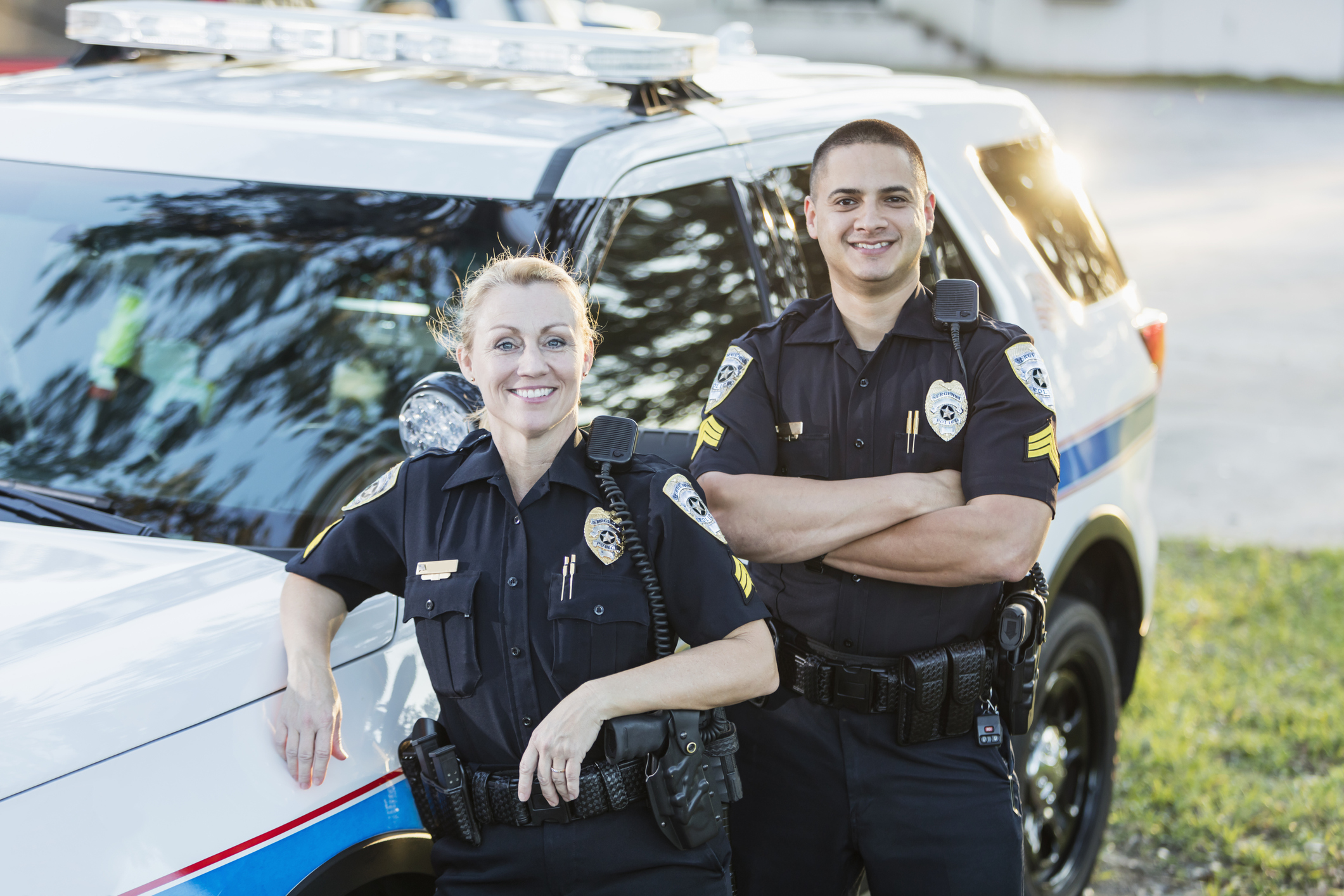One of the most common roles within the policeiverse is the role of a police officer. The normal state of duties when a police officer is dispatched to a situation will be to respond to a call or incident. In non-emergency situations, the officer will respond as ordered to put down a house surveillance report or to help with a call to reset the position of a team. In emergency calls, the team will move in waves from one vehicle to a second vehicle, with each wave containing a different team strategy. The strategy applied will depend on the nature of the incident.
Working well with a team of police officers is a requirement, and sometimes a requirement to even conduct a call in the first place. Poor communication will often undermine the efforts of the team, and officer safety will always be put at risk in any event where unencumbered, untrained and unskilled members of the team are let down. numbing a team is a skill and requires instruction and practice all the way through.
There are team leadership opportunities in the policy domain, and the officers must be able to demonstrate and display leadership and teamwork capabilities in order to be awarded the role of team leader. Team leaders and paramedics can become involved in the assessment annotation of calls, which will require them to listen intently to the concerns of the caller, and advise the caller as to how the immediate situation can be resolved. The alertness and response of an officer's partner can be invaluable in preventing an emergency from turning bad.
Police Journalist
Leonard Lugo says The police officer's written and spoken words are valuable evidence in the court of law, and the citizenry will always have trust in those who are attempting to tell the truth and present the truth as they see it. A police report is a very important element in the justice system and the profession of a police report is a prestigious one that commands high salaries. There are several aspects of being a police reporter, and they include the responsibilities of maintaining the office, the techniques used, the equipment used, and the archive of police reports.
Being a police reporter requires a basic understanding of the legal system as it operates, as well as accuracy and experience. A police reporter cannot report unless he or she believes the story that has been called for. The variety and amount of situations that are able to arise dictate the environment that a police report has to work in. Where burnout is prevalent, there is a significantly higher amount of stress that is placed upon the police reporter. There are many instances where the stenographic and tape-record systems fail in ways that are embarrassing and costly. This is not to say that the systems can't be improved, but in many ways, it's not a simple as depressing the tape.
stress is only one of the many liaisons between the police department and the community that occurs on a daily basis. The community liaisons are always required to explain to police reports that are presented with the department's regulations and policies. It is important that the police department communicates with the community about what is required of them, and how it will be done. Many times, it is the community that witnesses the police department's mistake and learns lessons from it.
Being a police report is a challenging profession that tests the abilities of the candidate. It tests critical thinking skills and the gathering of information through the proper channels of communication. The police department is looking for individuals that will stand up in situations where they have to make decisions while being aware of the requirements of the department. Knowing what is required of them without a doubt will improve the work expected from the rest of the contingent of police reporters.
Community Policing
Community policing is a strategy that involves the police working closely with the community to solve problems and prevent crime. The goal is to build relationships and trust between the police and the community they serve. This approach recognizes that the police cannot solve problems alone and that the community has an important role to play in keeping neighborhoods safe.
Community policing involves a variety of activities, such as organizing neighborhood watch groups, conducting community meetings to discuss concerns and issues, and working with community organizations to develop programs and initiatives that promote safety and reduce crime. Officers who work in community policing roles must have strong communication skills and be able to work collaboratively with a diverse range of people.
Specialized Units
Police departments often have specialized units that are responsible for specific areas of law enforcement. These may include SWAT teams, K-9 units, bomb squads, and forensic units. These units require specialized training and equipment, and officers who work in these roles must be highly skilled and experienced.
Traffic Enforcement
Traffic enforcement is a key part of policing, as it helps to keep roads safe and prevent accidents. Officers who work in traffic enforcement are responsible for enforcing traffic laws, conducting sobriety checkpoints, and investigating accidents. They may also work with other agencies, such as transportation departments, to develop and implement safety initiatives.

